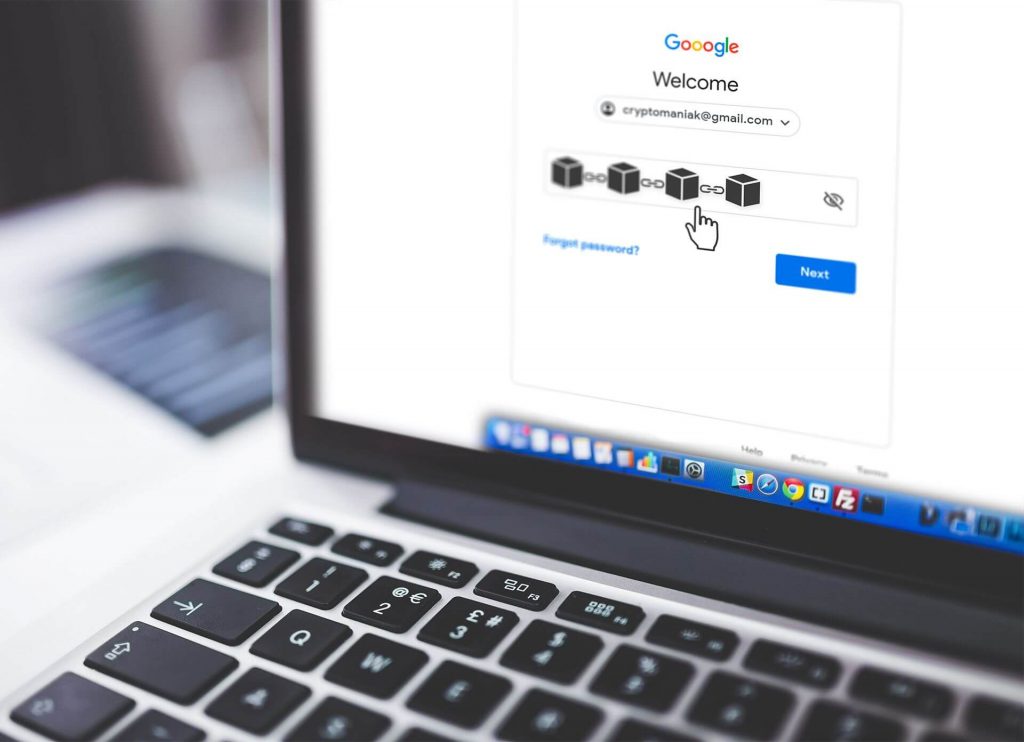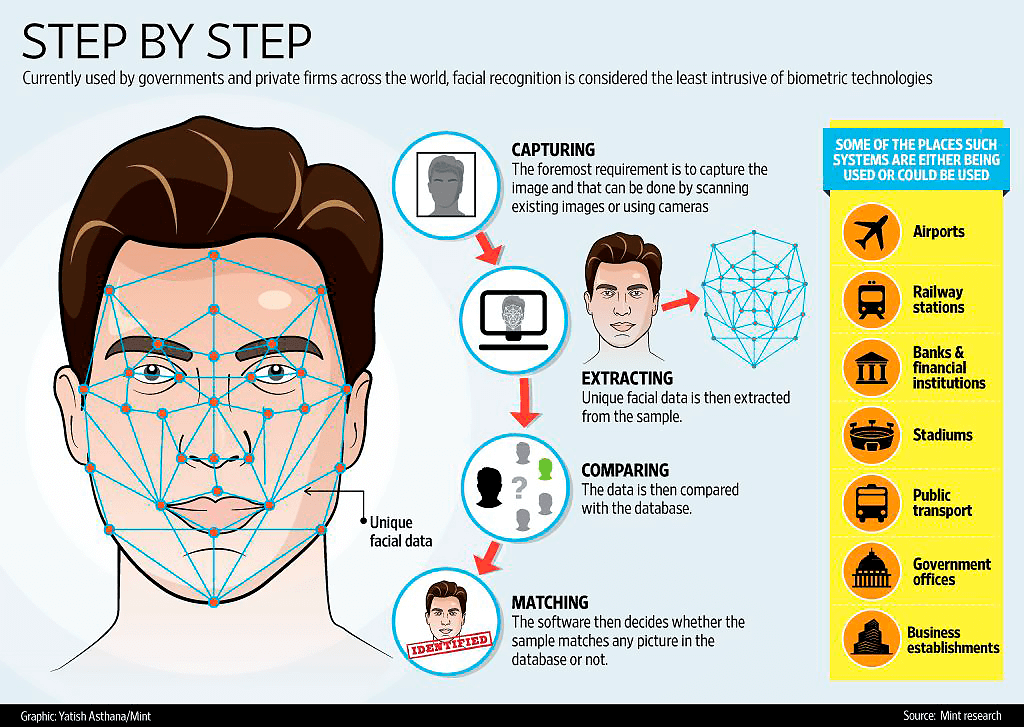Passwords are a pain in the ass. You and I can agree on that.
The number of memes out there about passwords proves the point. Sites ask for your password to contain a capital letter, lowercase letter, numbers, a special symbol — all to login to a basic account. It’s ridiculous.
Thankfully, blockchain will soon eliminate this headache. Read on to find out how blockchain will change the way you use passwords — and in some cases — make them obsolete!
Before we get started
To understand how blockchain will change passwords forever, we’ll first take a quick peek at how blockchain secures data. If you’re beginning with Blockchain technology, Cryptomaniaks explain that blockchain “provides a method of recording and transferring data in a transparent, trusted, and provable way.”
Now then, let’s see 3 ways that blockchain will change passwords.
1. Self-sovereign ID
Think of the times you’ve gone to vote at an election or the times you’ve gone to the doctor or dentist. In order to vote, access your health data, or using banking services — you’ve needed to prove your identity. In these situations, you need to provide your Social Security Number, State ID, birth date, sometimes even your mother’s maiden name. These are all ‘passwords’ that prove who you are.
But what if you were able to roll all these ‘passwords’ into one? This is one way blockchain technology will change the way you use passwords.
Self-sovereign identities work like this: the user has multiple identification documents (SSN, State ID, birth certificate). The user uploads these documents to a blockchain platform. The blockchain platform will encrypt all these documents and give the user 1 password to remember. Now instead of multiple documents and passwords, the user only needs to have one.
Now, if the user needs to verify their identity to a doctor, dentist, voting booth, or another service, the user can log into their blockchain platform with the single password. All this without needing to reveal their social security number, birth date, mother’s maiden name, etc. No need for your dentist to know your mother’s maiden name, right? No need for your bank to know your birthday — they won’t be sending you a cake anyway. They just need to know that you are who you say you are.
This confidentiality technique is known as zero-knowledge proof (ZKP). Lucas Mearian, a writer at Computerworld, notes that this “cryptography technology allows a user to prove that funds, assets or identifying pieces of information exist without revealing the information behind it.” Indeed the future looks much easier and safer with blockchain technology and Self-Sovereign identities.
2. Physical Buttons
Memory is a tricky thing. Did you know that other people can alter and shape your memories? A BBC article pointed out that “every time you have a conversation, you are inviting someone to ghost-write bits of your autobiography.” This is why keeping your passwords in your head is risky and quite frustrating. But with blockchain, we can switch to physical devices to help us out.
For instance, the popular bitcoin and cryptocurrency hardware wallets Ledger and Trezor allow users to physically click a button on their device to sign for transactions. This makes transactions much more secure since the private key used for generating the Digital Signature never leaves the device — ensuring hackers can’t access anything without the physical device. Of course, you can set a password on your hardware device to prevent anyone else from signing instead of you. But you can imagine how more secure and convenient physical buttons are compared to passwords.
3. Face Recognition + Blockchain Technology
Source: Pinterest.com
Forget physical devices. Forget Self-sovereign Identities. Meet facial recognition.
What if you could vote, bank, and access everything by just looking at it? Some people find it creepy; like tech analyst Matthew Brennan who tweeted a video of an airport in China showing him his flight details after he strolled by. Some people, however, would find it very helpful.
The future of digital identity verification may very well be powered by state-of-the-art face biometrics and blockchain technology. A user would scan their face, the information would be encrypted and stored on a blockchain, and then whenever a user requested access, the software would use this blockchain to verify the person’s identity. A company called Kairos is currently developing a ‘biometric blockchain.’
They ask…
Why choose face biometrics?
- Protection from spoofing attacks
- Perfect blend of high accuracy and ease of integration
- Enables friction-free customer experiences
- Hardware/camera agnostic
- It’s the ‘natural authority’ on human identity
Enabling such a ‘Biometric Blockchain,’ they argue, will empower people to control their digital identity in ways that protect their privacy through blockchain while streamlining their user experience by making passwords completely obsolete.
Passwords on the Blockchain = A Bright Future
It seems wherever we look, blockchain technology is changing our lives. Naturally, caution is paramount. Storing our identities on self-sovereign ID systems may open up new avenues for hackers. Physical buttons may get stolen. Face biometrics can be creepy. But at least, it’s better than losing millions of dollars because you forgot a password or threw it away or than resetting your passwords every day. As with everything in life, there will be pros and cons, but one thing’s certain: Blockchain will forever change the way we use passwords to verify our identity.
About the Author: Rafael H.
 Rafael is a cryptocurrency adopter and writer. When he’s not educating people or reading, he likes to travel and interview some of the sharpest minds of the blockchain space.
Rafael is a cryptocurrency adopter and writer. When he’s not educating people or reading, he likes to travel and interview some of the sharpest minds of the blockchain space.



